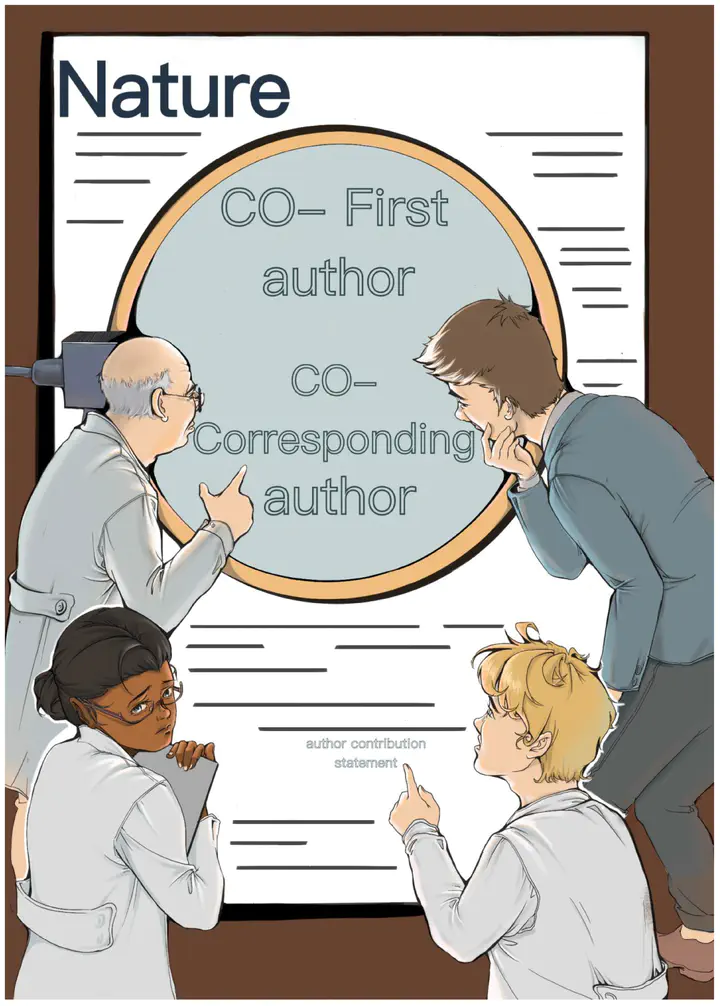
摘要
Debates on how to determine positions in research authorship have not subsided. An institution funded by the United States National Institute of Environmental Health Sciences (NIEHS) provided reports for investigating authorship disputes from 6,700 researchers in the world. It found out that nearly half of the respondents had suffered from naming disagreement, and 38% of them believed that they had experienced unfair authorship ranking (Smith et al., 2020). What makes this trend worrisome is the fact that the matter of authorship unfolds sharp gender inequalities in the scientific community, where female authors are arranged with more co-first (rather than the first) authors relative to what is applicable to male authors (Fleming, 2021). Furthermore, the scrambling for privileged positions in authorship arrangements is increasingly forcing early career researchers to distance themselves from scientific works and big-science collaborations, especially neuroscientists (Yager, 2007; Coles et al., 2022). Under the current scientific incentive system, it is an intuition that the credits a study can deliver for an author can be likened to the commercial values of a building, with the front location (position) indicating a high price (credit).